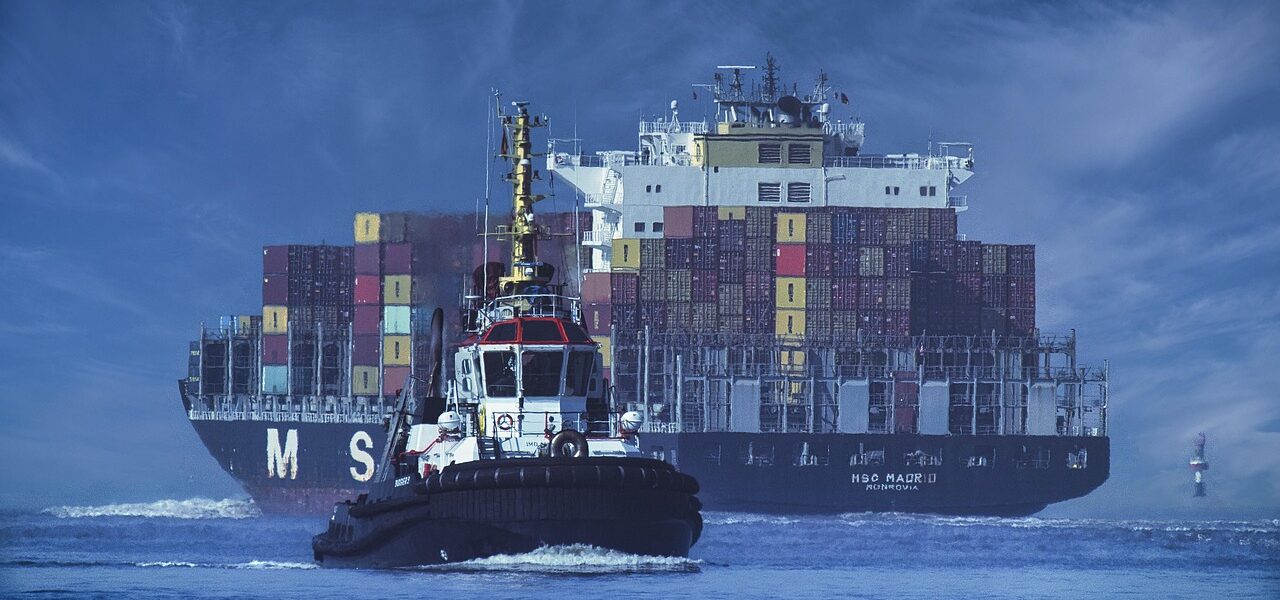Introduction
In today’s globalized world, international trade is the backbone of the economy, with vast quantities of goods transported across the oceans daily. Whether you are a manufacturer, exporter, importer, or freight forwarder, the risk of loss or damage to goods during transit is ever-present. This is where marine cargo insurance comes into play — a crucial protective measure for businesses involved in sea freight.
Marine cargo insurance offers financial protection against risks associated with the transportation of goods by sea. This article will provide a comprehensive overview of marine cargo insurance, including what it covers, types of policies, benefits, and how to choose the right insurance for your cargo shipments.
What is Marine Cargo Insurance?
Marine cargo insurance is a specialized insurance policy designed to cover the loss or damage of goods while they are being transported over water, typically by sea vessels. This insurance can also extend to cover transit by land or air if included in the policy.
Cargo transported internationally faces many risks such as rough seas, theft, pilferage, weather damage, piracy, accidents, and even political unrest. Marine cargo insurance mitigates the financial risks by compensating the insured party in the event of damage or loss.
Why is Marine Cargo Insurance Important?
-
Protects Against Financial Loss: Loss or damage to cargo can cause huge financial setbacks. Insurance covers repair or replacement costs.
-
Fulfills Contractual Requirements: Many international contracts and shipping agreements mandate cargo insurance.
-
Provides Peace of Mind: Knowing your goods are insured allows you to focus on business without worrying about transit risks.
-
Supports Business Continuity: Insurance helps maintain smooth cash flow even when unforeseen losses occur.
Types of Marine Cargo Insurance Policies
Marine cargo insurance policies vary depending on the level of coverage, cargo type, and transport route. The main types are:
1. All Risk Coverage
This is the most comprehensive coverage, protecting against almost all risks unless specifically excluded in the policy. It typically covers damage due to:
-
Accidents
-
Natural disasters (storms, hurricanes)
-
Theft or piracy
-
Fire or explosion
-
Rough handling
2. Named Perils Coverage
This policy covers only the risks specifically named in the insurance contract. Common named perils include:
-
Fire
-
Collision
-
Sinking or wrecking
-
Theft
If the cause of loss is not listed, it will not be covered.
3. Free of Particular Average (FPA)
FPA policies cover major losses such as total loss of the vessel or cargo but exclude partial damages unless caused by a major peril. This type of policy is more restrictive and usually cheaper.
What Does Marine Cargo Insurance Cover?
Coverage can vary widely but generally includes:
-
Loss or Damage: Due to sinking, collision, fire, explosion, and weather-related incidents.
-
Theft and Pilferage: Protection from cargo stolen during loading, unloading, or transit.
-
General Average: Coverage for shared losses incurred voluntarily to save the vessel or cargo (e.g., jettisoning cargo).
-
War and Strikes: Some policies include protection against losses from war, terrorism, or labor strikes (usually with an extra premium).
-
Customs Delays and Confiscation: Optional coverage against losses from customs issues or government intervention.
How to Choose the Right Marine Cargo Insurance
1. Assess Your Cargo Risk
Understand your cargo type (perishable, fragile, high-value), transport routes, and risk exposures.
2. Check Policy Coverage
Choose a policy that matches your risk tolerance and contractual needs. Opt for all-risk if you want maximum protection.
3. Compare Premiums and Deductibles
Premiums depend on cargo value, type, route, and coverage level. Deductibles are the amount you pay before insurance kicks in—balance both wisely.
4. Review Exclusions
Read exclusions carefully to avoid surprises during claims. Ensure coverage for risks you consider critical.
5. Work with a Reputable Insurer or Broker
Partner with an experienced insurer or broker who understands marine insurance intricacies.
Benefits of Marine Cargo Insurance
-
Financial Security: Covers the cost of losses, reducing business risk.
-
Legal Compliance: Meets international trade and shipping requirements.
-
Business Reputation: Demonstrates professionalism and reliability.
-
Claims Assistance: Experts help navigate complex claim processes.
-
Customizable Coverage: Tailored policies to fit specific cargo needs.
Common Terms in Marine Cargo Insurance
-
Insured Value: The declared value of the cargo covered under the policy.
-
Sum Insured: The maximum amount payable by the insurer.
-
Deductible: The portion of loss borne by the insured before the insurer pays.
-
Voyage Policy: Insurance for a specific voyage or shipment.
-
Open Cover: Ongoing insurance covering multiple shipments over a period.
Steps to File a Marine Cargo Insurance Claim
-
Notify Insurer Immediately: Report loss or damage as soon as possible.
-
Document the Damage: Take photos, gather shipping documents, and get inspection reports.
-
Submit a Claim Form: Provide detailed information about the incident.
-
Cooperate with Adjusters: Insurer’s surveyors may inspect the cargo.
-
Claim Settlement: Receive compensation as per the policy terms.
Summary
Marine cargo insurance is an essential safeguard for any business involved in international shipping. It protects your valuable goods from unforeseen risks during transit by sea and sometimes other transport modes. Choosing the right type of policy—whether all-risk, named perils, or free of particular average—depends on your cargo type, risk appetite, and contract requirements. By securing marine cargo insurance, you mitigate financial risks, comply with international trade norms, and ensure your business can weather the uncertainties of global shipping.
Frequently Asked Questions (FAQs)
1. What types of cargo are covered under marine cargo insurance?
Marine cargo insurance can cover a wide variety of goods, including raw materials, manufactured products, perishables, and machinery. However, specific policies may exclude certain hazardous materials or highly perishable goods.
2. Does marine cargo insurance cover delays in shipment?
Typically, marine cargo insurance covers physical loss or damage to cargo, not delays. However, some specialized policies may include delay coverage for perishable goods.
3. Is marine cargo insurance mandatory?
While not legally mandatory everywhere, marine cargo insurance is often required by international trade contracts, banks financing the shipment, or shipping companies.
4. What is the difference between all-risk and named perils insurance?
All-risk insurance covers all risks except those specifically excluded, offering broad protection. Named perils insurance only covers the risks explicitly listed in the policy.
5. How can I reduce marine cargo insurance premiums?
You can reduce premiums by improving packaging, choosing safer routes, consolidating shipments, and opting for higher deductibles.
Conclusion
In an increasingly interconnected global market, marine cargo insurance is more than just a safety net—it is a strategic necessity. It protects your investments, ensures compliance with trade requirements, and helps maintain operational stability. By understanding the various types of coverage, evaluating your risks, and choosing the right policy, you can confidently navigate the complexities of international shipping. Secure your shipments with marine cargo insurance and sail smoothly through the waves of global commerce.




